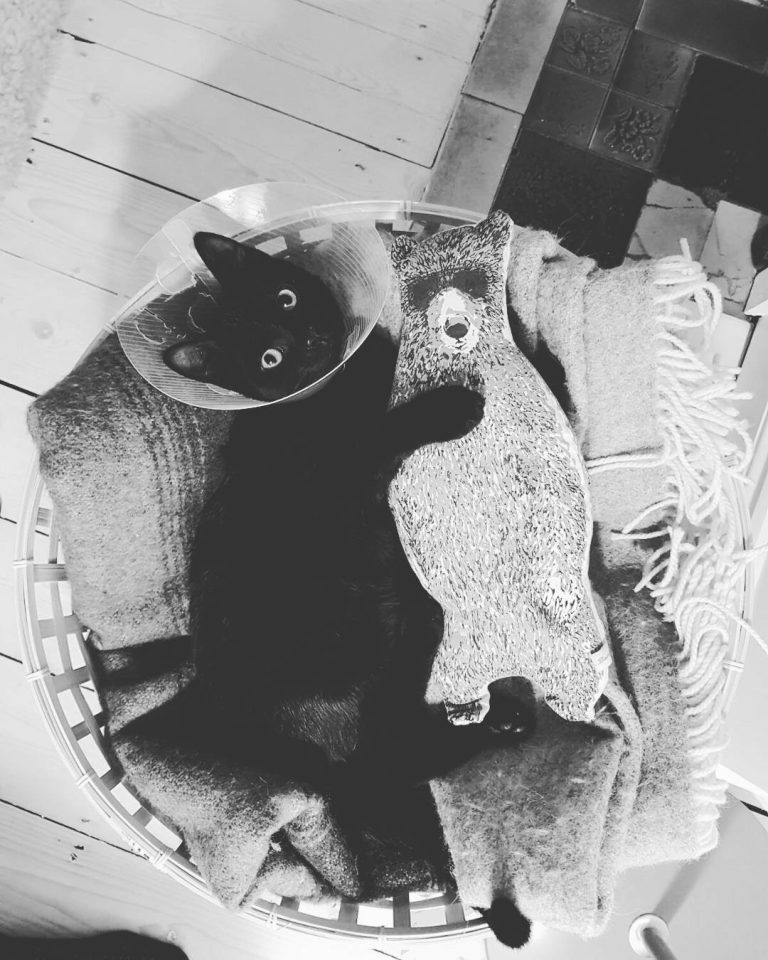Why Is My Cat Scared of the Vacuum? Tips to Help
If you’ve ever watched your cat dart under the couch or flee to another room the moment you turn on the vacuum cleaner, you’re not alone. Many cats have a deep-seated fear of vacuums, and while it can be amusing at times, it can also be concerning for pet owners who want to minimize their cat’s stress. Understanding why your cat is scared of the vacuum and learning how to help them cope can lead to a more peaceful home environment for both you and your feline friend.
Why Are Cats Afraid of Vacuums?
Cats are naturally cautious animals with a strong fight-or-flight response. Several factors contribute to their fear of vacuums:
1. Loud Noises
Vacuums are notoriously noisy, producing sounds that can be startling and overwhelming to a cat’s sensitive ears. Cats have much better hearing than humans and are particularly sensitive to loud, sudden noises. The vacuum’s roar can trigger an instinctive fear response, causing your cat to seek refuge in a quieter, safer place.
2. Unfamiliarity
Cats are creatures of habit and often feel threatened by anything unfamiliar in their environment. The vacuum cleaner, with its size, shape, and movement, may seem like an alien intruder to your cat. Since the vacuum is usually stored out of sight and only brought out occasionally, it remains an unfamiliar and intimidating object.
3. Vibrations and Movements
In addition to the noise, the vibrations and erratic movements of a vacuum cleaner can be unsettling for a cat. The way the vacuum glides across the floor, bumps into furniture, and even seems to “chase” the cat can make it seem like a predator, further enhancing the fear.
4. Association with Negative Experiences
If a cat has had a negative experience with a vacuum in the past—such as being accidentally bumped or having the vacuum suddenly turned on near them—they may associate the vacuum with danger. This negative association can intensify their fear each time the vacuum appears.
Tips to Help Your Cat Overcome Their Fear of the Vacuum
While it may not be possible to completely eliminate your cat’s fear of the vacuum, there are several strategies you can use to help them feel more comfortable:
1. Gradual Desensitization
One of the most effective ways to help your cat overcome their fear of the vacuum is through gradual desensitization. Start by placing the vacuum in a room where your cat can see it but from a safe distance. Allow them to approach it on their terms, rewarding them with treats and praise when they do. Gradually, move the vacuum closer over time, and eventually, turn it on for short periods, always rewarding your cat for staying calm.
2. Create Positive Associations
Help your cat associate the vacuum with positive experiences. Before you vacuum, give your cat a treat or engage them in a favorite activity. This can help shift their perception from the vacuum being a threat to it being a precursor to something enjoyable.
3. Use a Quieter Vacuum
If possible, invest in a vacuum cleaner that operates more quietly. There are many models on the market designed to be less noisy, which can be less intimidating for your cat. A quieter vacuum can make a big difference in reducing your cat’s fear.
4. Provide a Safe Space
When it’s time to vacuum, make sure your cat has a safe space to retreat to—whether it’s a room with the door closed or a cozy hiding spot they feel secure in. Allowing your cat to escape to a safe space can reduce their stress and help them cope with the noise and movement of the vacuum.
5. Vacuum When Your Cat Is Out of the Room
If your cat’s fear is severe, it may be best to vacuum when they are in another room or even outside. This way, they can avoid the stress altogether. Over time, you might try reintroducing the vacuum at a distance, following the desensitization steps.
6. Stay Calm and Reassuring
Your behavior can influence your cat’s response to the vacuum. Stay calm and avoid making a big deal out of vacuuming. If you act stressed or anxious, your cat may pick up on these cues and become even more fearful. Reassure your cat with a soothing voice and gentle petting after vacuuming to help them relax.
Conclusion
It’s not uncommon for cats to be afraid of vacuums, but with patience and the right approach, you can help your cat feel more comfortable when it’s time to clean. Gradual desensitization, positive reinforcement, and providing a safe space are key strategies in reducing your cat’s fear. Remember, every cat is different, so what works for one may not work for another. By understanding your cat’s unique needs and reactions, you can create a more peaceful and stress-free environment for both of you.










